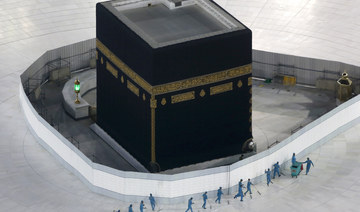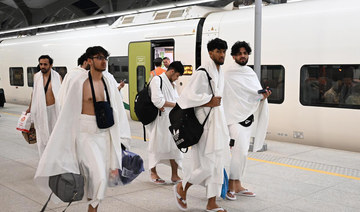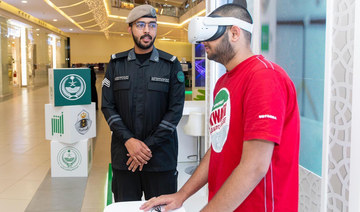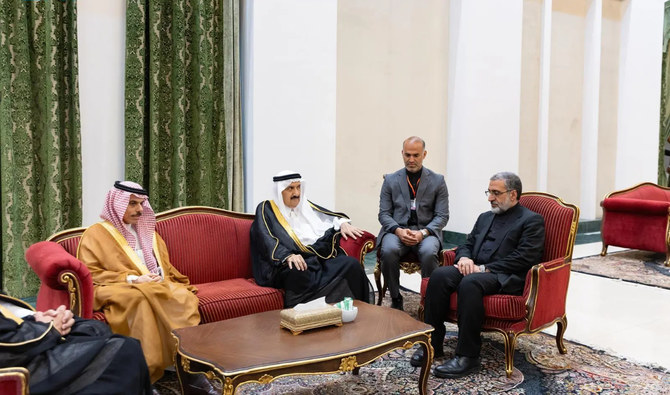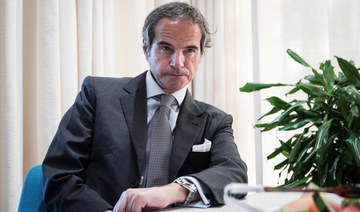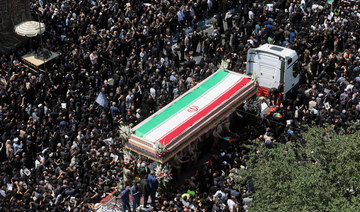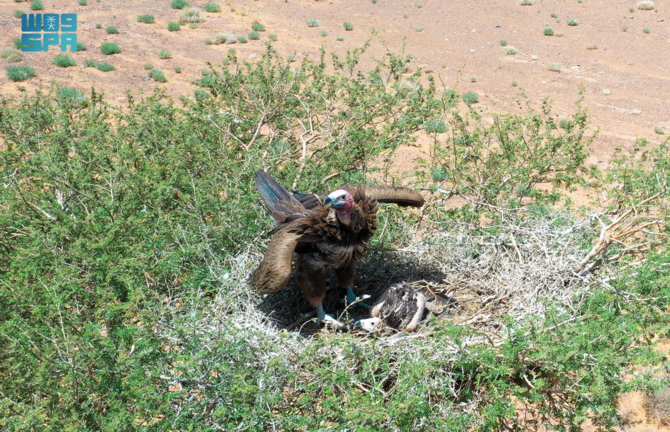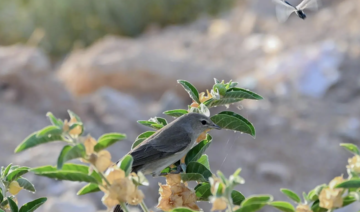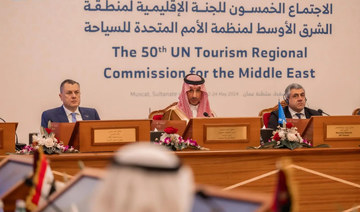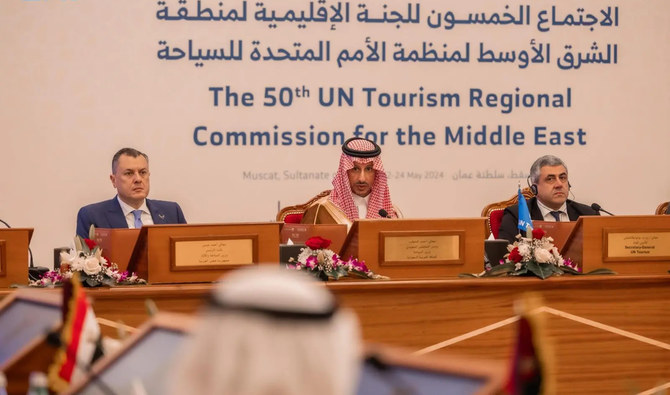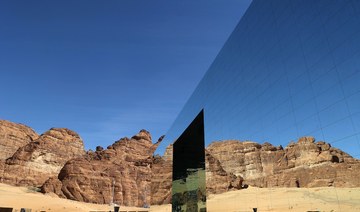RIYADH: On the heels of the World Health Organization (WHO) announcement that the Covid-19 coronavirus outbreak is now classified as a pandemic, many companies have developed strategies to protect their employees while trying to keep their businesses afloat.
Cinemas across the country have stopped showing films, schools and universities are switching to online classes for the foreseeable future, and malls and restaurants will likely be next to close. Where does that leave the staff working for these businesses?
Speaking to Arab News under conditions of anonymity, several employees (whose names have been changed in this report) spoke about what their employers are — or aren’t — doing to protect against the coronavirus outbreak, and whether or not they felt prepared to face the pandemic.
Noura Mohammad, an office worker at a retail company, told Arab News that she was proud of her company for immediately doing the right thing for their employees. “From the moment the coronavirus appeared in the Gulf, they had our backs,” she said. “We were told to stay home unless it was absolutely necessary to come into the office, and we quickly established a system of (working remotely).
“Management brought in hand sanitizer and facemasks, and sent out emails with detailed and thorough instructions about what to do, who to contact if we were worried, and details of the symptoms, so we all knew what we were facing,” she continued.
FASTFACT
Cinemas across the country have stopped showing films and schools and universities are switching to online classes for the foreseeable future.
Salma Alsaleh, a lawyer, said similar measures had been taken at her law firm. “Our fingerprint machine was removed even before that was required by the government. My manager personally came to each of us with a care package containing masks, gloves, and hand sanitizer, and let us know that they were currently working on a system through which we could work from home. Some of the interns are already doing so,” she said.
However, other companies have been struggling to implement new systems, especially smaller companies and startups which lack the funds to keep themselves afloat for the duration of the crisis.
Hassan Al-Haddad, who works for a small Saudi startup with less than 50 employees, is on indefinite leave without pay. “As bad as I feel for myself, I feel worse for our CEO. He was obviously devastated when he gave us the news. He has been working on this venture for two years now, and this virus killed all his hard work in just a couple of months,” he said.
Al-Haddad hopes that the spread of the virus will calm down soon, but said he would be lying if he claimed he was optimistic. “All you see on the news these days is corona this, corona that. It’s such an awful thing to wake up to every morning. It’s all anyone talks about, even socially,” he said.
Saad Al-Imam, a startup owner, has managed to work out an arrangement with his employees through which they work from home for reduced pay, but he admits that the situation has hit him hard and will probably continue to do so. “I can only hope that this virus goes away as quickly as it came, because we’ll all be in a lot of trouble if this lasts much longer,” he said.
Other employees expressed dismay over the fact that their companies have done almost nothing to combat the spread of the virus, and continue to expect their staff to work as normal.
Khadija Sulayman, who works for a large international company, said that apart from discouraging handshakes and asking employees to seek medical help if they experience coronavirus symptoms, it’s business as usual, something she finds “unbelievable.”
“People are dying, new cases are appearing all the time, and they still expect us to come in every day like nothing is wrong. It needs to be mandatory for all companies that people should work from home. What if we become the next Italy? It just feels like they don’t care about our safety,” she said.
However, her colleague Khalid Bin Jomaah said he believes the whole situation is being blown out of proportion and that people need to calm down.
“Look at the numbers. Just look at the facts. Google the statistics and you will calm down,” he said. “Wash your hands, practice good hygiene, and stay calm. Even if it feels like it, it’s not the end of the world, and life has to go on.”





